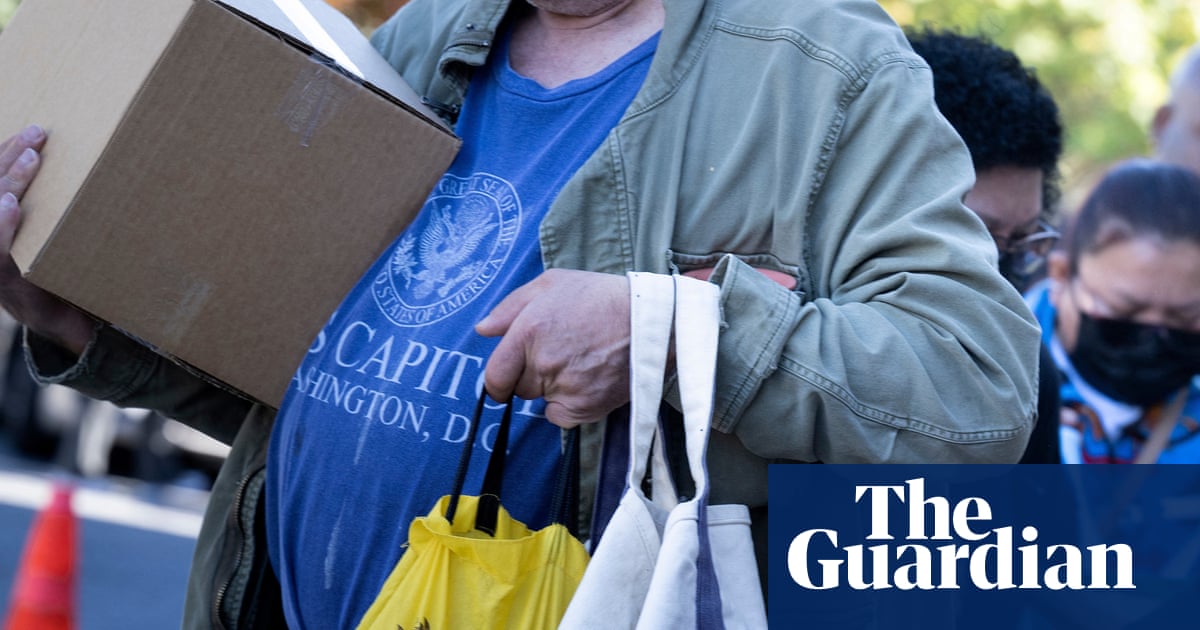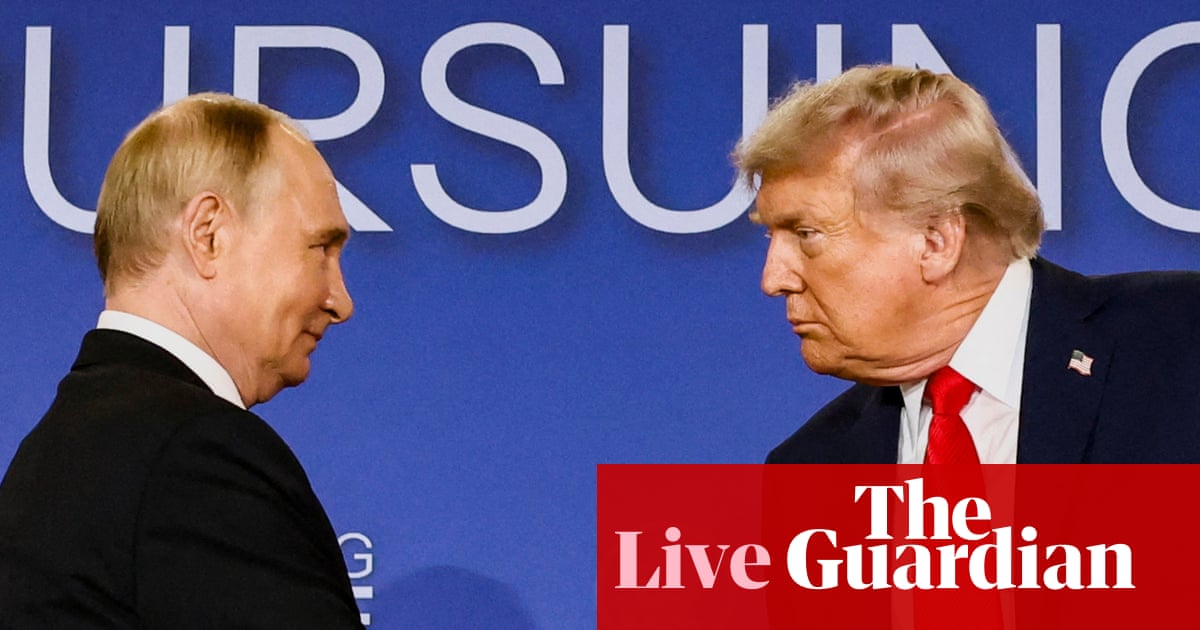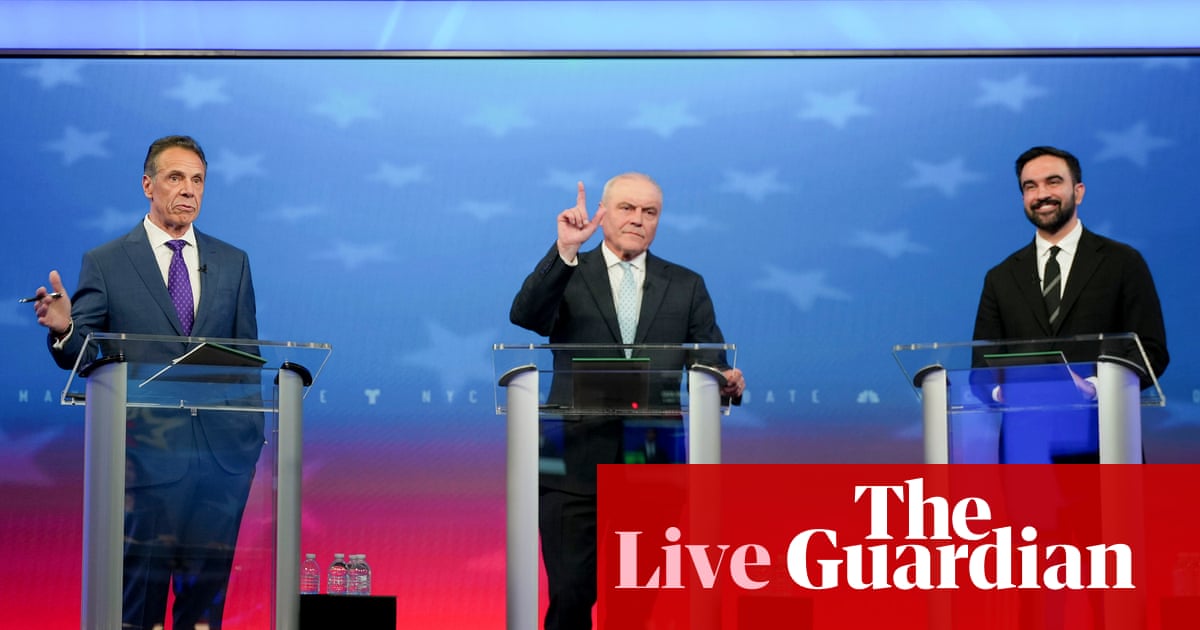By Jeff Mason, Tom Polansek and Leah Douglas
WASHINGTON/CHICAGO (Reuters) -U.S. President Donald Trump's administration is quadrupling the country's low-tariff imports of Argentine beef in his attempt to lower grocery store beef prices, a White House official said on Thursday, evoking fury from the nation's cattle ranchers.
Raising the tariff rate quota on Argentine beef to 80,000 metric tons will let the country ship more of its beef to the U.S. at a lower rate of duty. U.S. beef prices have set records due to tight cattle supplies and strong consumer demand.
The U.S. Department of Agriculture on Wednesday announced a plan to expand the domestic cattle herd and support American cattle ranchers. Agriculture Secretary Brooke Rollins on Fox Business Network's "Mornings with Maria" said the administration was working to support both beef consumers and ranchers.
But hiking imports has angered U.S. ranchers, who largely supported Trump in his campaigns for president. They said the government should back U.S. producers and that increased imports threaten their livelihoods.
Farmers were also angered by Trump's $20 billion currency swap with Argentina while they lost out to the South American nation on soybean sales to China.
"A deal of this magnitude with Argentina would undercut the very foundation of our cattle industry," said Justin Tupper, a South Dakota cattle producer and president of the United States Cattlemen's Association.
Rollins told Fox Business: "There is frustration on both sides. And I was with the president yesterday and he is very, very frustrated because (of) everything he's done to cut taxes, to bring down costs."
Economists said the administration's approach would probably not do much to lower prices quickly. U.S. cattle supplies have dropped to their lowest levels in decades after a drought burned up pasture lands used for grazing and hiked feeding costs, forcing ranchers to reduce their herds.
BEEF HEADED FOR HAMBURGERS
The U.S. imported about 33,000 metric tons of Argentine beef in 2024, representing 2% of total imports, according to government data.
Those imports tend to be lean beef that is mixed with domestic supplies to make hamburger meat, and increasing the quota would not likely bring down consumer prices much, U.S. analysts said.
Some of the beef could be served at restaurants or mixed into other food products, which could help restaurant operators and food companies improve their margins, the analysts said.
Miguel Schiariti, president of Argentina's Meat Industry Chamber, CICCRA, told Reuters that meat exports to the U.S. consist of the country's traditional beef cuts and meat used in the hamburger industry to lower fat levels.
"It's good news for the industry," Schiariti said. "Argentine beef is highly valued in the U.S. It has very good press. Argentina is rebuilding its distribution chain in the United States."
FARM-STATE LAWMAKERS WORRIED
Senate Majority Leader John Thune of South Dakota, a Republican, told reporters on Thursday that he was concerned about White House policy on Argentine beef and hopes to influence its implementation.
"We're paying close attention to it, and we've been in touch with the White House, Department of Agriculture, U.S. trade rep on all this stuff, trying to figure out where it's headed,” Thune said.
Fellow Republican Representative Adrian Smith of Nebraska, a major cattle state, said in a Wednesday statement that he was also concerned about imports.
"Policy and statements which unduly influence and undermine the domestic cattle market threaten our domestic food security and are not helpful," Smith said.
White House spokeswoman Anna Kelly said Trump had pledged to protect ranchers and deliver economic relief for everyday Americans.
(Reporting by Jeff Mason, Susan Heavey, Leah Douglas and David Morgan in Washington, Tom Polansek in Chicago, and Maximilian Heath in Buenos Aires; Writing by Maiya Keidan; Editing by David Ljunggren and Bill Berkrot)

 German (DE)
German (DE)  English (US)
English (US)  Spanish (ES)
Spanish (ES)  French (FR)
French (FR)  Hindi (IN)
Hindi (IN)  Italian (IT)
Italian (IT)  Russian (RU)
Russian (RU) 























Comments